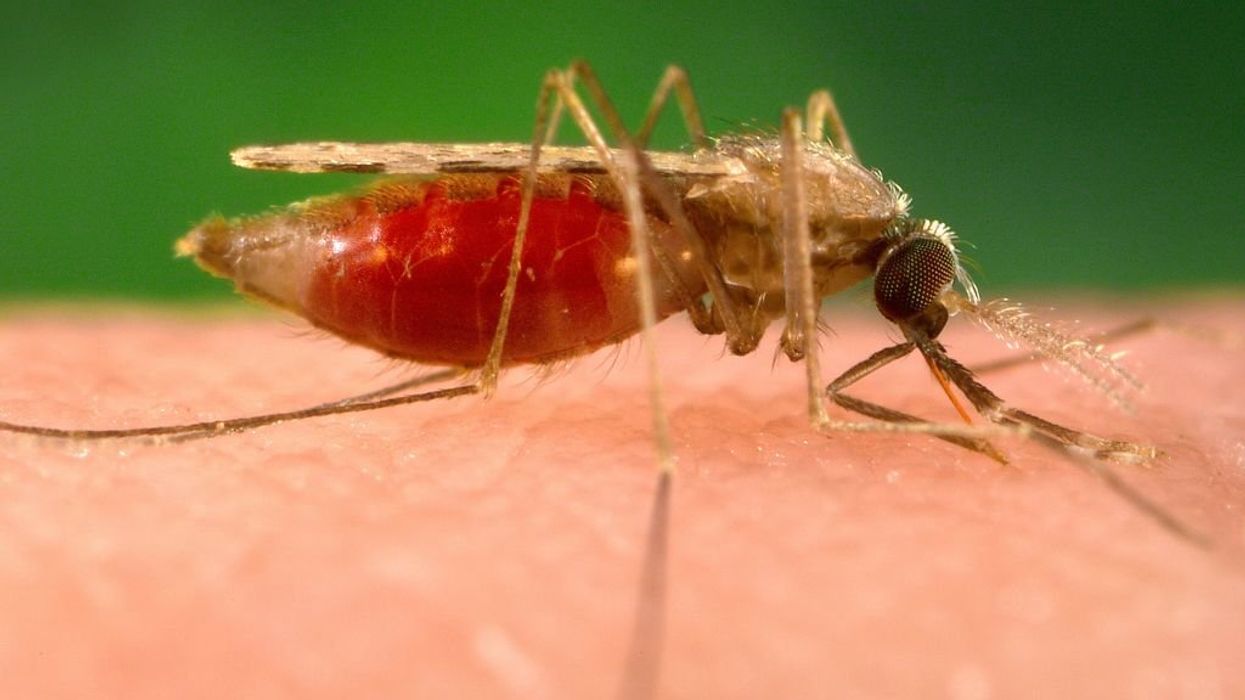
Smith Collection/Gado/Getty Images

Florida issued a malaria alert in several counties after two more cases of the mosquito-borne disease were recently discovered. This is the first time in 20 years that there have been locally acquired cases in the United States.
For the week ending on July 1, the Florida Department of Health reported two more locally acquired cases of malaria in Sarasota County. There are currently six total cases in the state, all of which are in Sarasota County, the Miami Herald reported.
The Florida Department of Health issued a mosquito-borne illness advisory for Orange, Polk, and Walton counties, plus a mosquito-borne illness alert for Manatee, Miami-Dade, and Sarasota counties.
Texas recently reported a case of locally acquired malaria.
"The Texas Department of State Health Services said on Friday that it is still aware of only one case of malaria there, but they are still on the lookout for other cases," according to CNN.
Health officials in Texas are monitoring the region's mosquito population for malaria.
These are the first locally acquired malaria cases in the U.S. in the last 20 years, according to the Centers for Disease Control and Prevention.
"CDC is collaborating with two U.S. state health departments with ongoing investigations of locally acquired mosquito-transmitted Plasmodium vivax malaria cases. There is no evidence to suggest the cases in the two states (Florida and Texas) are related," the CDC stated.
There are roughly 2,000 cases of malaria diagnosed in the U.S. each year, but those cases are almost always cases of Americans or immigrants returning from a country where malaria exists. Approximately 300 American experience severe malaria annually, and up to 10 people die in the United States from the mosquito-borne disease.
Malaria is a disease spread to humans by certain types of mosquitoes in mostly tropical regions. The disease is potentially life-threatening, but it is preventable and curable. Symptoms include nausea, vomiting, headaches, fever, sweating, and chills.
The World Health Organization notes:
Malaria mostly spreads to people through the bites of some infected female Anopheles mosquitoes. Blood transfusion and contaminated needles may also transmit malaria. The first symptoms may be mild, similar to many febrile illnesses, and difficulty to recognize as malaria. Left untreated, P. falciparum malaria can progress to severe illness and death within 24 hours.
On July 5, the World Health Organization announced that the first malaria vaccine was to be rolled out in Africa.
"Twelve countries across different regions in Africa are set to receive 18 million doses of the first-ever malaria vaccine over the next two years. The roll out is a critical step forward in the fight against one of the leading causes of death on the continent," read the statement from the WHO, UNICEF, and global vaccine alliance Gavi.
Gavi is a "public-private partnership that helps vaccinate half the world’s children against some of the world’s deadliest diseases."
"The Vaccine Alliance brings together developing country and donor governments, the World Health Organization, UNICEF, the World Bank, the vaccine industry, technical agencies, civil society, the Bill & Melinda Gates Foundation and other private sector partners," the press release stated.
The news release added, "The RTS,S/AS01 vaccine has been administered to more than 1.7 million children in Ghana, Kenya and Malawi since 2019 and has been shown to be safe and effective, resulting in both a substantial reduction in severe malaria and a fall in child deaths. At least 28 African countries have expressed interest in receiving the malaria vaccine."
The WHO estimated, "Annual global demand for malaria vaccines is estimated at 40–60 million doses by 2026 alone, growing to 80–100 million doses each year by 2030."
Like Blaze News? Bypass the censors, sign up for our newsletters, and get stories like this direct to your inbox. Sign up here!